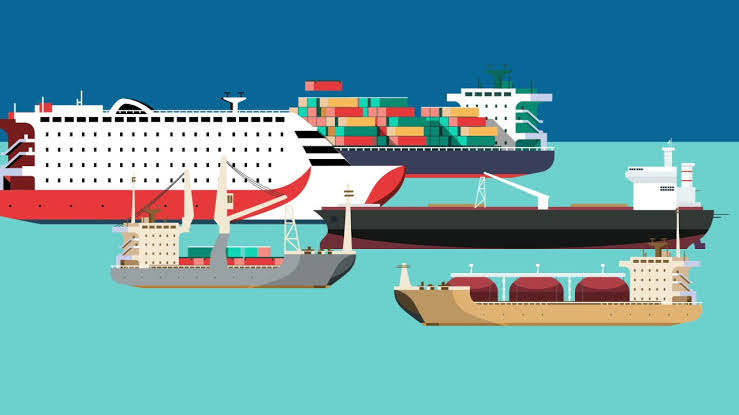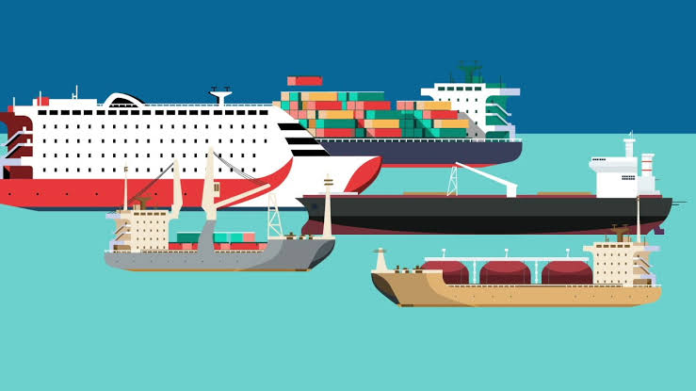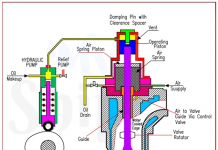
IMO was formed to accept regulation & Governments are accountable for applying them. When a Government accepts an IMO Convention it agrees to make it part of its national law and to enforce all of the provisions contained therein.
IMO’s Sub-Committee on Implementation of IMO Instruments (III) has a remit to review issues relating to implementation, and its tasks include:
- Review the rights & responsibilities of States emerging from the IMO treaty instruments;
- Assess, monitor & review the current level of application of the IMO instruments by States in their capacity as flag, port & coastal States, with a view to recognize areas where States may have trouble in fully applying them;
- Recognize the reasons for the troubles in applying provisions of applicable IMO instruments, considering any applicable information collected through, inter alia, the evaluation of the performance, the investigation of marine casualties & accidents & port State control (PSC) data, while paying certain attention to troubles faced by developing countries;
- Review plans to help States in imposing and complying with the IMO instruments by the development of suuitable instruments, guidelines & suggestions.
- Examine inspection reports into marine casualties & accidents & keep an efficient & complete knowledge based procedure to support the identification of trends & feed into the IMO regulation making process;
- Analyse IMO standards on the maritime safety & security & the safeguarding of the marine environment, to keep an updated & balanced instructions on survey & certification related conditions; &
- Promote global harmonization of PSC activities.
IMO Member State Audit Scheme (IMSAS)
The IMO Member State Audit Scheme is meant to allow an audited Member State with a complete & objective evaluation of how successfully it administers and applies those obligatory IMO instruments which are covered by the Scheme.
The Maritime Safety Committee in the year May 2014 completed the legal framework for the application of the obligatory IMO audit scheme, with the acceptance of amendments to the following agreements to make obligatory the use of the IMO Instruments Implementation Code (III Code) & auditing of Parties to those treaties:
- SOLAS, 1974, as modified (adding a new chapter XIII)
- The International Convention on the Standards of Training, Certification & Watch keeping for the Seafarers, 1978, & the Seafarers’ Training, Certification & Watch keeping (STCW) Code
- The Protocol of 1988 relating to the International Convention on Load Lines, 1966 (1988 Load Lines Protocol), as amended
This followed the acceptance, by the IMO Assembly at its 78th session, of similar amendments to:
- The Convention on the International Regulations for Preventing Collisions at Sea, 1972, as amended (COLREG 1972),
- The International Convention on the Load Lines, 1966 (LL 1966)
- The International Convention on Tonnage Measurement of Ships, 1969 (TONNAGE 1969), (following the procedures for adoption of amendments for the COLREG 1972, LL 1966 and Tonnage 1969 conventions).
The MEPC, at its 66th session, in the year April 2014, accepted same amendments to MARPOL Annexes I to VI.
The amendments make the auditing of Member States mandatory, from 2016.
It is anticipated that the audit scheme will bring about many benefits, such as finding where capacity building activities would have the greatest effect. Aiming at suitable action to enhance performance would be greatly enhanced. The Member States themselves would get feedback, planned to help them in enhancing their own capacity to put the required instruments into practice; & generic ideas learnt from audits could be given to all Member States so that the benefits could be widely shared.
Moreover, the results of the audits could be systematically fed back into the regulatory process at IMO to help make measurable improvements in the effectiveness of the international regulatory framework of shipping.
The scheme discusses matter such as conformance in approving suitable regulations for the IMO instruments to which a Member State is a Party; the application & imposition of the applicable laws & regulations by the Member State; the representatives of authority to the recognized organizations (ROs); the associated control & monitoring mechanism of the survey & certification processes by the Member States.




